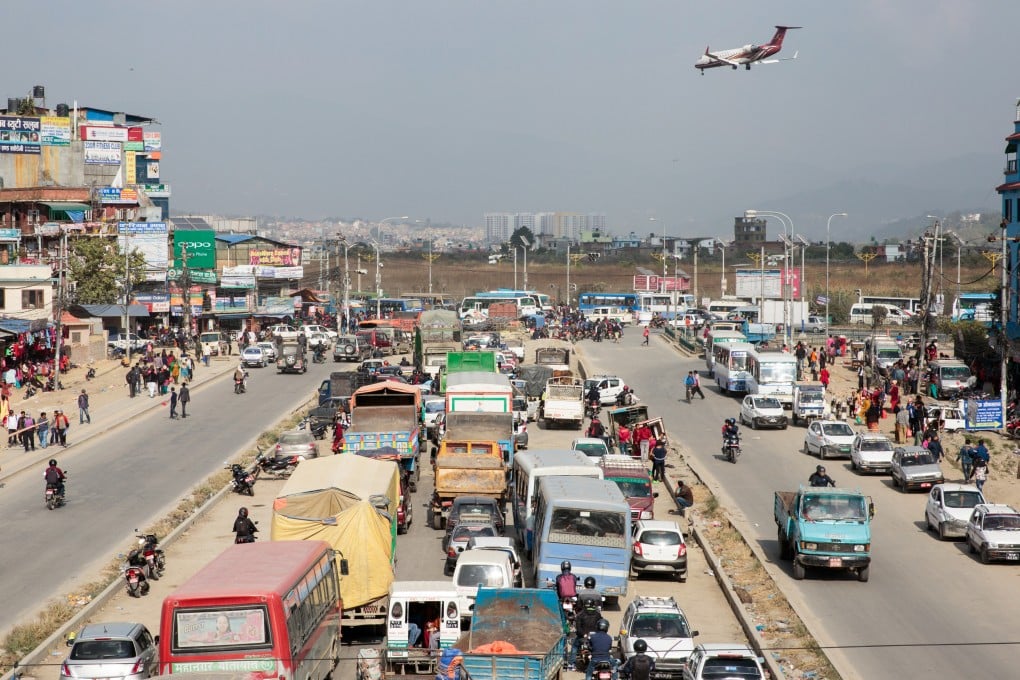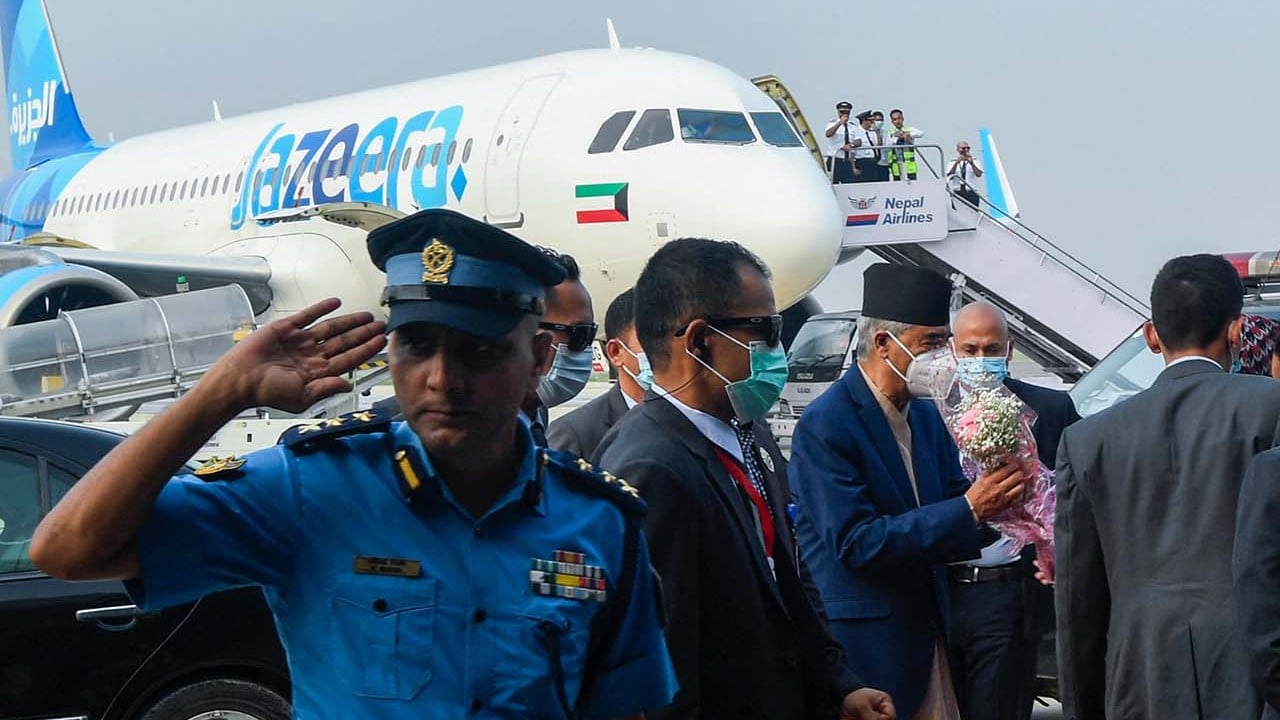China’s zero-Covid policy turns Nepal border towns into ‘dead’ zones as trade routes dry up
- Nepal’s 1,389km-long border with China is closed to the country’s exporters, though a trickle of Chinese goods continues to flow the other way
- China’s border restrictions have disrupted bilateral trade, created uncertainty among Nepali importers and affected indigenous communities

Nepal’s 1,389km-long border with China, including the two main crossings at Rasuwagadhi-Gyirong and Tatopani-Zhangmu, has been closed to the country’s exporters for the past two years, though a trickle of Chinese goods has been allowed to flow the other way.
Most of Nepal’s exports are snapped up by India, so the Chinese market is not considered critical. But the border restrictions have severely disrupted bilateral trade, stoked business uncertainty and affected indigenous communities and farmers who rely on cross-border commerce for their livelihoods, experts say.
“Before Covid there were 80-90 containers coming in [to Nepal], but now in Rasuwagadhi, only three to seven come in a day and not more than 14,” said Vijay Kant Karna, Nepal’s former ambassador to Denmark and executive chairman of Centre for Social Inclusion and Federalism (CESIF).

